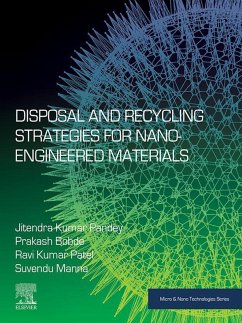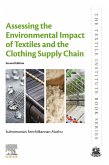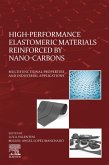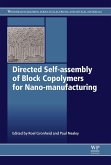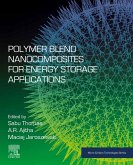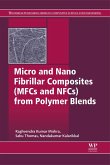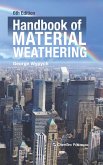This is a valuable resource for researchers, advanced students, engineers, and scientists, with an interest in nanomaterials, their life cycle, waste, and recycling, water treatment, chemical engineering, environmental science, materials science, chemistry, and sustainability.
- Provides step-by-step information on a range of strategies, including biodegradation, green technologies, physico-chemical disposal, and other integrated methods
- Explains the sampling, classification, identification, and lifecycle assessment of nanowaste materials
- Addresses key concerns relating to environmental risk, health, safety and policy
- Explores potential options for the reutilization, re-use and recycling of waste nanomaterials
Dieser Download kann aus rechtlichen Gründen nur mit Rechnungsadresse in A, B, BG, CY, CZ, D, DK, EW, E, FIN, F, GR, HR, H, IRL, I, LT, L, LR, M, NL, PL, P, R, S, SLO, SK ausgeliefert werden.

